Piers Akerman: Make hard decisions on coronavirus now before they are forced upon us
We are fortunate, in the face of the COVID-19 pandemic, that the federal government has taken proactive measures despite opposition from the World Health Organisation, the ABC and its oh-so-woke Twitter-following audience, writes Piers Akerman.

Opinion
Don't miss out on the headlines from Opinion. Followed categories will be added to My News.
In the face of the catastrophic Wuhan coronavirus pandemic we in Australia are fortunate the federal government took some proactive measures despite opposition from the World Health Organisation, the ABC and its oh-so-woke Twitter-following audience.
But the hard decisions keep coming and the government must now decide whether to lock down suburbs and homes as has happened in vast sections of the US, Italy and a handful of other nations, or to take the politically easy but clinically risky route of attempting to let the people muddle through.
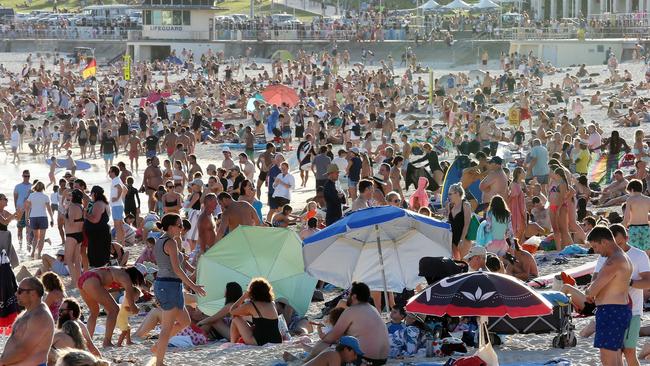
RELATED NEWS
Bondi Beach closed after crowds exceed 500
Cruise ship passengers exposed to COVID-19
Superfoods to help boost your immune system
Coronavirus will be our nation’s greatest test of character
Take the current position on schools staying open, for example. It’s easy to understand why the authorities would not have wished to have closed schools given the upheaval closures would have meant to hundreds of thousands of households.
However, balanced against this is the reality that schools are closed structures where there is an interface between teachers, students and parents.
They should be closed because the balance between economic impacts and health must give the weight to the potential risks on health and we have seen here and abroad, young people are not bulletproof.
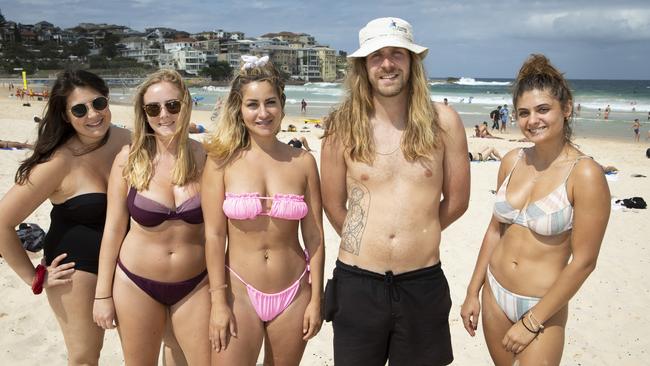
Last month, I spoke with Jack Chow, one of the world’s few actual experts in the field of viral epidemics.
Dr Chow is the former US Ambassador on Global HIV/AIDS during the George W. Bush administration and former Assistant-Director General at the WHO on HIV/AIDS, TB, and malaria, and Distinguished Service Professor at the Carnegie Mellon University in Washington DC, and its Australian campus in Adelaide.
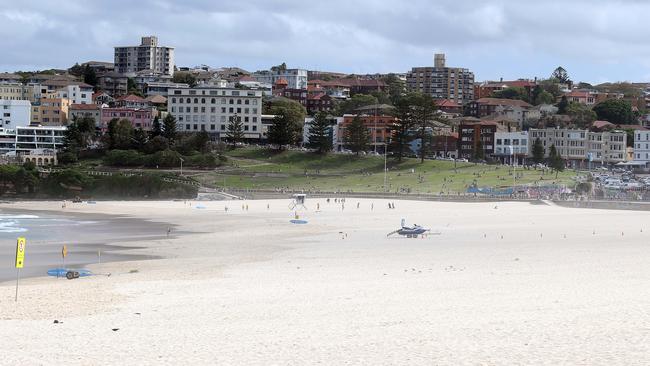
We spoke again yesterday and he posed the question whether we wish to risk greater propagation of the virus through schools, or the discomfort and economic downside of having children stay at home. It would seem elementary, the schools have to be closed.
The health authorities are doing their best but it would seem that some of their decisions are not the smartest.
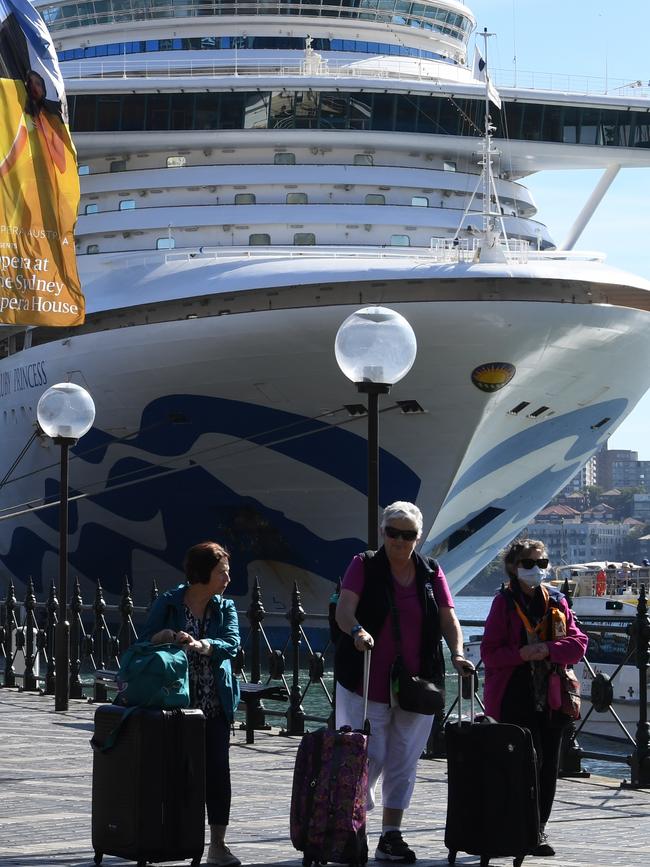
Why did the NSW health authorities permit 2700 passengers from the cruise ship Ruby Princess to disperse across the nation when a very small percentage who complained of flu-like symptoms aboard the vessel were tested and four positive matches for COVID-19 were returned?
Now valuable health resources in every state are trying to trace every former passenger to ensure they are strictly following the self-isolation guidelines. It’s just too late.
As Dr Chow said during our conversation, this is the sort of tardy response which has led New York to now have more cases of COVID-19 than at least ten nations.
Failure to take strict measures early means tougher measures later. Cities and nations are paying the price for not being proactive early on.
The good news is that in China (if their figures can be believed) and South Korea, the number of new cases is declining.
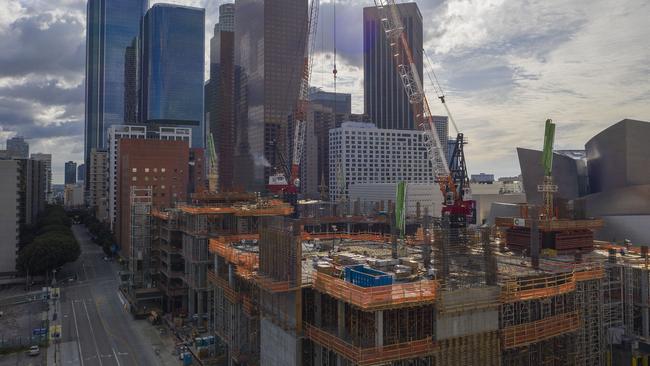
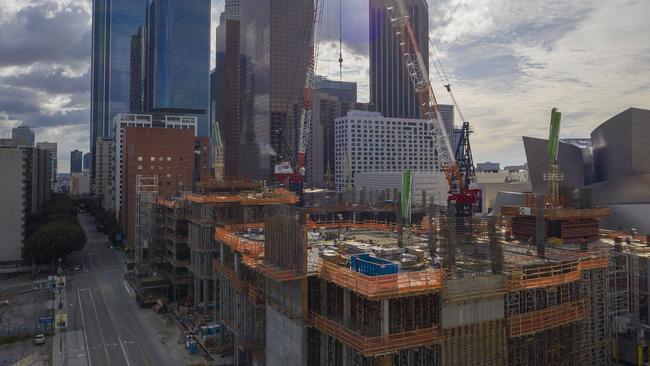
They have used extremely tough preventive measures to break the transmission chain but would Western nations be willing to take the political risk and impose the same sort of harsh controls as totalitarian China or authoritarian Korea?
This is the challenge for Australia – what does it need to do to bend the viral curve?
We must do more to confront it early on and we must be aggressive early on, as China and South Korea appear to have been.
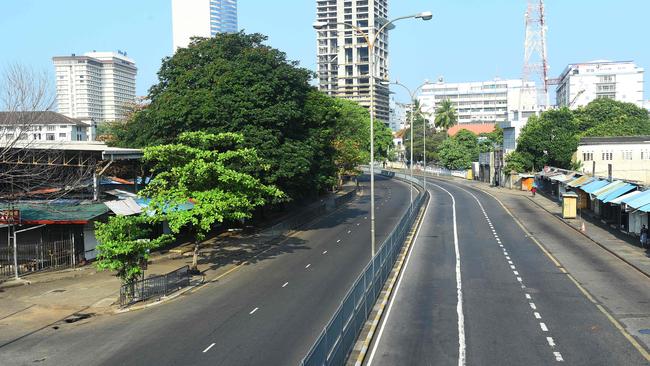
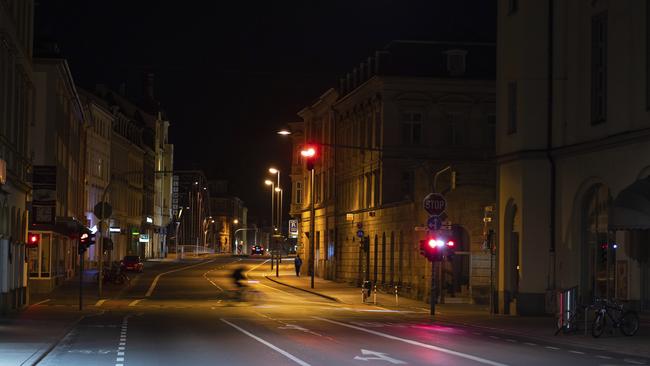
This will mean intense social disruption, restrictions on gatherings and non-vital commerce but such measures will be necessary if we expect our hospitals to cope with the predicted numbers who will need intensive care.
The number of intensive care units in Australia is lower per head of population than in many other nations, including the US.
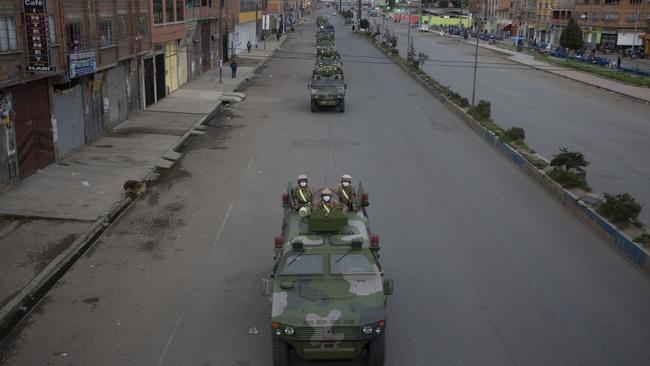
Without an effective buffer, the numbers needing ICU isolation and treatment will rapidly exceed current capacity and the medical authorities will have to make tough decisions about who should be given priority treatment.
Make no mistake, hard decisions must be taken and they must be taken earlier. The silver lining to this crisis has become increasingly obvious.
The whining minority from the Look-at-Me Generation have been shown that their preoccupation with such non-issues as gender and identity are meaningless when a genuinely existential threat emerges.
The other plus is that the world is not turning to teenagers for advice or to self-important blowhard billionaires eager to find a platforms to signal their purity of thought.
Stay smiling and keep your distance.
